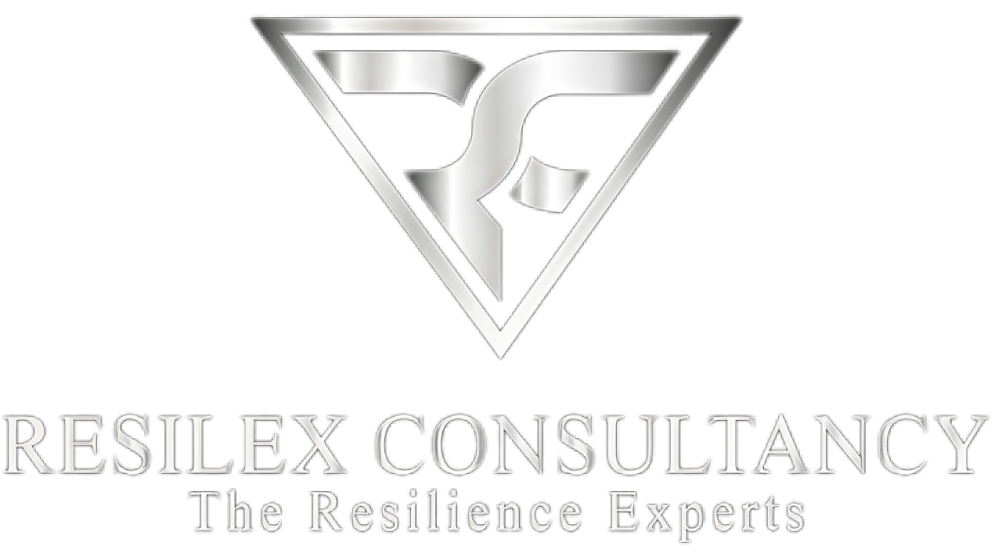In Business Continuity Management, BCM professionals often find themselves entangled in the intricacies of planning and analysis. This can lead to the accidental blurring of lines between the behind-the-scenes work and the final plans presented to end users. Unfortunately, this misstep can result in excessively lengthy and convoluted documents perceived as overwhelming and impractical by those who need them most. In this blog post, we’ll explore this common pitfall and propose a solution emphasizing a dual approach: the back-office operations and the front-office execution.
Business Continuity Pitfall: Overloading Plans with Analysis
One of the most prevalent pitfalls in BCM is overloading plans with extensive analysis and Business Impact Analysis (BIA) results. While analysis is crucial for informed decision-making, inundating the final plans with copious amounts of data can hinder their effectiveness. Lengthy documentation can deter a crisis when swift and decisive action is paramount.

The Executive Frustration
Executives have voiced their frustration regarding unwieldy documentation and plans that prove unwieldy in real-world crisis scenarios. Lengthy, overly detailed documents can be a source of significant stress and confusion for leaders seeking to guide their organizations through turbulent times. Business Continuity professionals must find a more streamlined and practical approach.
The Solution: Back Office and Front Office Approach
To address this challenge, it’s essential to adopt a dual approach that divides the process into back-office and front-office operations.
Back-Office Operations
In the back-office operations, the focus is on conducting comprehensive business continuity analysis and risk assessment. This stage involves collaborating closely with process owners and subject matter experts. The key steps include:
- Identifying existing business continuity strategies.
- Evaluating the effectiveness of current strategies.
- Selecting and implementing new business continuity and recovery strategies.
Organizations can ensure a solid foundation for their Business Continuity plans by concentrating on these critical tasks behind the scenes.
Front-Office Execution
The front-office phase revolves around creating practical and concise business continuity plans. These plans should be user-friendly, easy to understand, and executable in high-stress situations. At this stage, the emphasis shifts towards working directly with end-users and all employees who will play a role in executing the plans. Key activities include:
Drafting clear and actionable business continuity plans.
Conducting thorough training sessions for all stakeholders involved.
By taking this dual approach, organizations can bridge the gap between planning and execution, ensuring that the final Business Continuity plans are not only robust but also accessible and applicable when they are needed most.
Avoiding the pitfall of overwhelming Business Continuity plans with excessive analysis is crucial for effective crisis management. By implementing a back-office and front-office approach, organizations can balance thorough analysis and practical execution. This strategic shift will result in Business Continuity plans that are comprehensive and user-friendly, empowering organizations to navigate crises with confidence and resilience.
Discover the best Business Continuity services at Resilex Consultancy!
1. What is BCM?
- BCM is a holistic process that helps organizations prepare for and respond to potential disruptions or crises, ensuring the continuity of critical operations and services.
2. Why is BCM important for my organization?
- BCM is crucial to minimize downtime, protect assets, and maintain customer trust during disruptions. It helps your business remain resilient in the face of challenges.
3. What are the key components of BCM?
- BCM typically involves risk assessment, business impact analysis, strategy development, plan creation, training, and testing. It covers prevention, response, recovery, and mitigation.
4. How do I get started with BCM for my organization?
- Start by assessing your organization’s critical processes and identifying potential risks and vulnerabilities. Then, create a BCM plan and engage experts to help you implement it.
5. What types of organizations benefit from BCM services?
- Businesses of all sizes and industries, government agencies, non-profits, and healthcare institutions can benefit from BCM services to safeguard their operations.
Find the best movers in UAE here.







